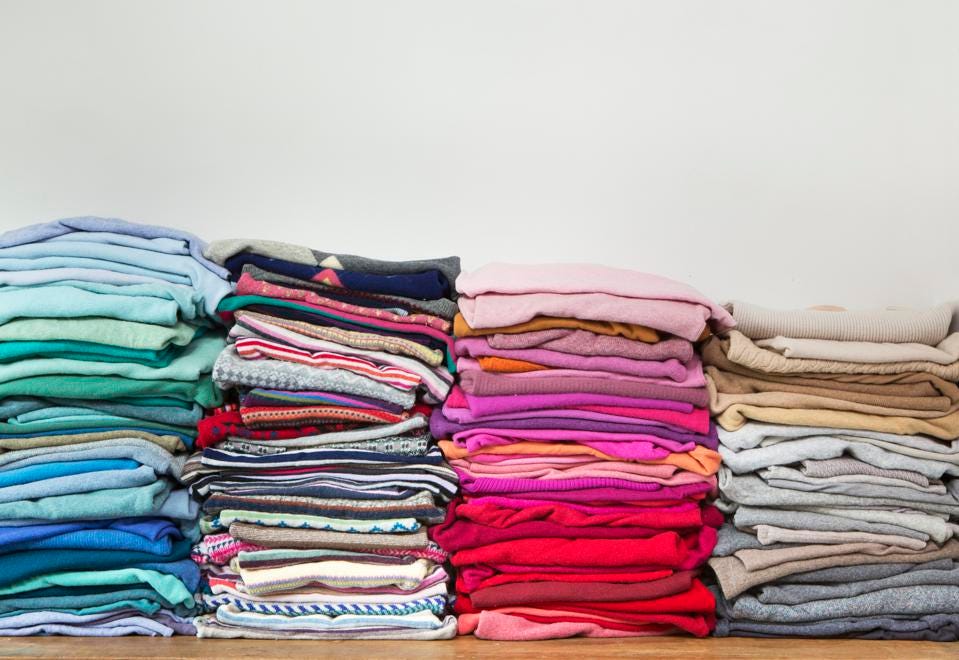
Before we point blame at brands, we need to understand that it’s an industry-wide problem with supply chains often scattered globally, numerous actors involved and non-harmonized supply chain management approaches.
Becoming sustainable has been challenging
Up to this point, the sustainable movement hasn’t been monitored sufficiently by individual businesses or governments. Some companies have been caught greenwashing in various ways, like with misleading product labels. However, following goods in a globalized mass production is an extremely challenging technical problem, so products and materials can be unintentionally mixed up or mislabeled. Then, a lack of legal guidelines makes it more difficult for companies to navigate the already challenging supply chain management issues.
An area of growing concern is circular supply chains, where products and materials are kept in use for as long as possible through reuse and recycling, and waste and pollution are addressed through design and innovation. As this approach grows, the integrity of sustainability claims is vital.
The European Green Deal states, “Companies making ‘green claims’ should substantiate these against a standard methodology to assess their impact on the environment.” Similarly, the U.K. and some U.S. states, like New York, are moving to regulate sustainability claims and the disclosure of information. In this climate, it’s crucial that product claims and information are reliable and verifiable.
Traceability is the key
One aspect of the circular economy is traceability—the ability to identify materials throughout their life cycle. Only by truly tracking recycled content in the circular supply chain can a company support its recycling claims.
Traceability can help supply chains locate inefficiencies, sort production or post-consumer waste and mitigate financial and reputational risks. It also ensures credibility and compliance. This allows fashion actors to move toward a circular economy by making informed decisions and actions with companies they know they can trust.
➔ Read the full article on Forbes
